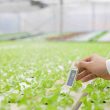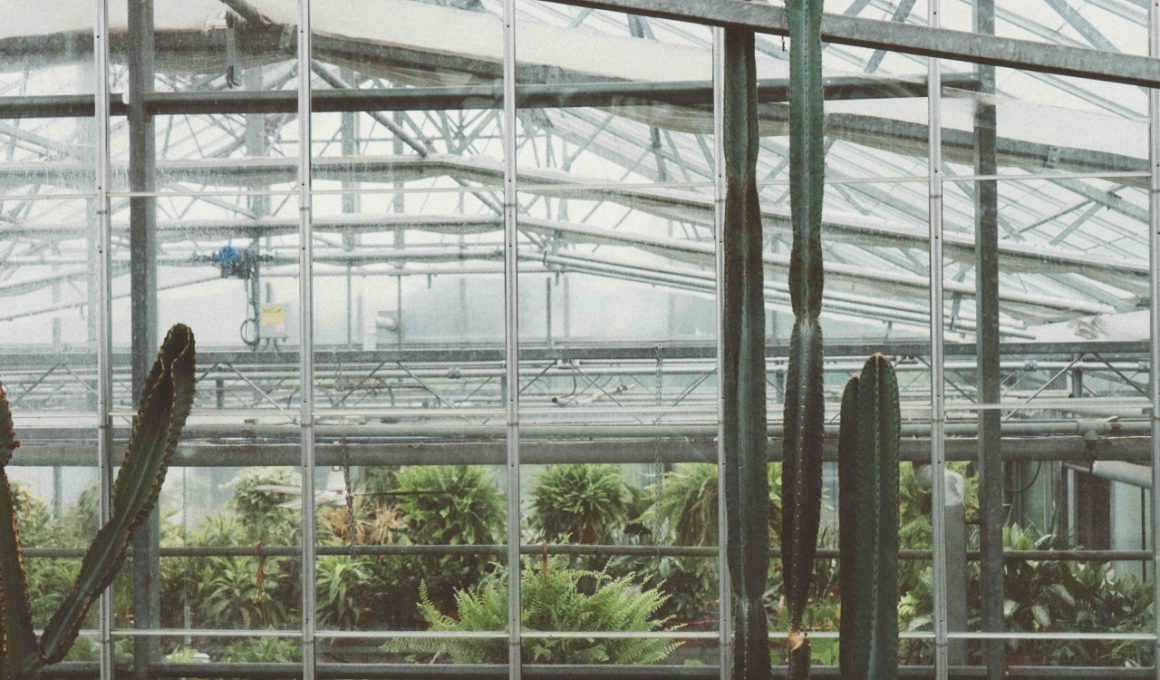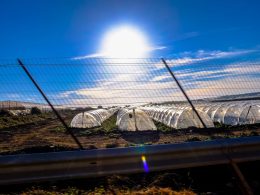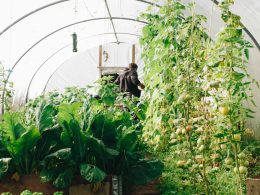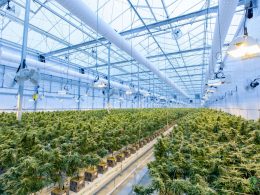Green House Adviser is reader-supported. When you buy through links on our site, we may earn an affiliate commission. Learn more
You plan on installing a greenhouse for your plants but are concerned about the impact it will have on UV light. Will it block UV or allow too much? UV and light are both very important for plant growth. However, too much light can damage plants and cause them to age prematurely. Greenhouses allow you to control the amount of UV by blocking direct sunlight. By aligning your greenhouse windows properly, you can maximize yield and prevent premature aging.
What Is UV and Is It Harmful?
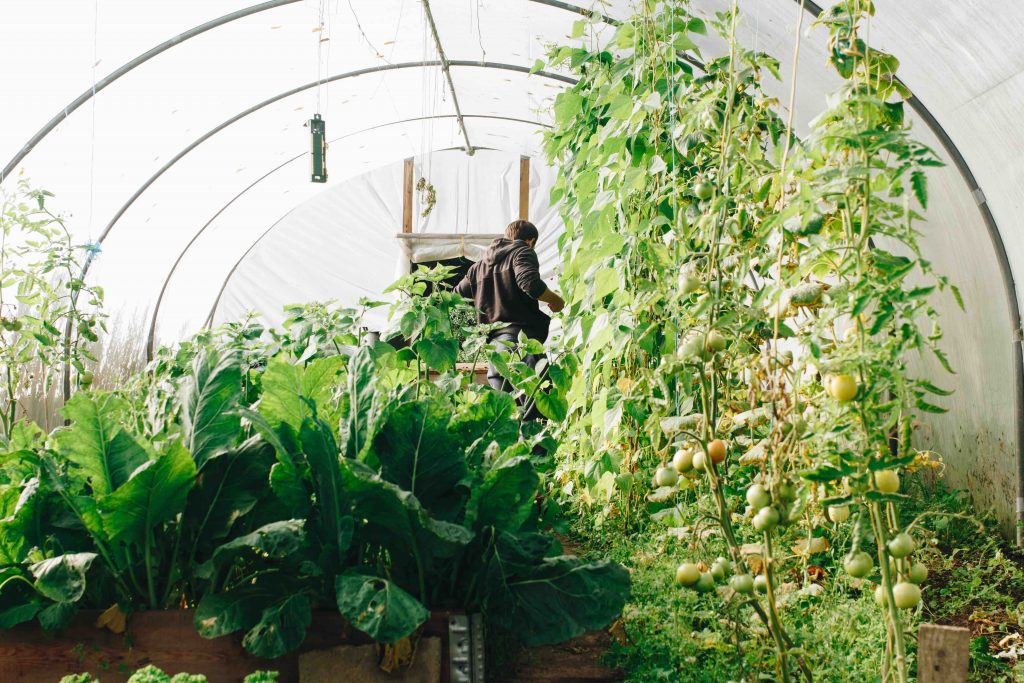
UV is short for ultraviolet. UV light is a form of electromagnetic radiation (EMR). It has a period shorter than visible light and longer than X-rays on the electromagnetic spectrum. Ultraviolet light can be divided into three categories: UVA, UVB, and UVC. UVC rays don’t reach the earth’s surface because they’re absorbed by the ozone layer. So most of the time, we’re talking about UVA and UVB rays when we talk about sun exposure.
Before we explore the effects of UV rays on plants, is it harmful to humans? UVB rays are what cause sunburns, tanning, and DNA damage to skin cells, known as keratinocytes. The body produces melanin in response to UVB exposure to protect against DNA damage from future UV exposure — this is why tanned skin looks darker than pale skin after being exposed to UV radiation from sunlight or indoor tanning beds.
UVA rays penetrate deeper into the skin than UVB rays, causing damage deep within your tissue rather than on its surfaces like sunburns or suntans. UVA damages collagen fibers in your skin — these fibers help keep it firm, stretchy and elastic but when they break down prematurely you start developing wrinkles faster than normal
Do Greenhouses Block UV?
Have you ever wondered whether greenhouses block UV rays? Well, it will depend on the material of your greenhouse. You can choose to allow UV light or not into your greenhouse, and the reasons why we will explore later on. Let’s explore now which materials block or not UV light.
Greenhouse glass
Greenhouse glass blocks out a lot of harmful UV rays and lets in plenty of light. The amount of light transmitted depends on the type of glass you use. A high-transparency glass will let in a lot more light than a standard, tinted glazing unit. The more transparent the glass, the better it is at blocking damaging UV rays. This can be very useful for greenhouses as plants can be damaged by too much exposure to sunlight and heat. A greenhouse that is designed to be heated during cold weather can also benefit from this property of high-transparency glazing because it allows more heat in while still keeping out harmful UV rays and keeping the interior warm enough so that plants don’t need artificial lighting during winter months.
Greenhouse polycarbonate
Yes, greenhouse polycarbonate does block UV. The question is whether or not you need it to do so. If you’re growing your plants in a greenhouse (or any indoor environment), it’s generally recommended that you use polycarbonate to block UV light because this plastic will not break down over time as other plastics will.
Do Plants in a Greenhouse Need UV Light?
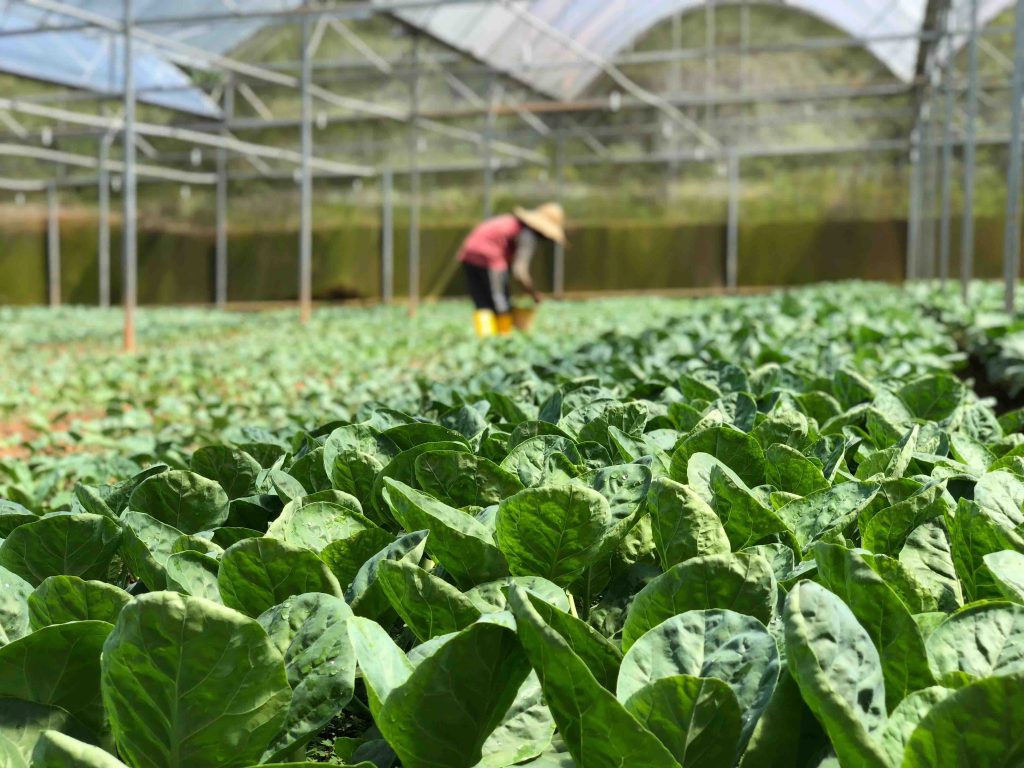
Plants in a greenhouse need the same light as any other plant. But they also need it in the right amounts and at the right time of day. UV light is not part of the spectrum that plants use to make food through photosynthesis. Instead, it’s used by plants to produce secondary metabolites (compounds that protect against pests, predators, or environmental stress) like anthocyanin, lignins, and flavonoids. These compounds help protect plants from disease and sunburn but are not necessary for growth.
Do Seedlings in a Greenhouse Need UV Light?
Yes, seedlings in a greenhouse need UV light. This type of light is crucial to the development of plants because it allows them to produce chlorophyll, which is needed to photosynthesize and produce food. UV light can be provided by natural sunlight or artificial bulbs. Both will provide the necessary amount of UV light for your seedlings, but you may want to consider using artificial bulbs if you live in a region with cloudy or rainy weather that blocks out sunlight for long periods. Seedlings also need heat and humidity to thrive, so greenhouses are ideal environments for growing plants from seeds. Greenhouses are enclosed structures that provide optimal environments for growing plants from seeds and cuttings. They can range from simple structures made from plastic sheeting or glass windows to complex structures that include heating systems and sophisticated ventilation systems.”
Can UV Light Be Harmful to Plants?
The answer is yes and no. Ultraviolet (UV) light does cause damage to plants, but it’s not always harmful. Some plants need it for the production of vitamins and other nutrients. Can too much UV exposure harm them? The short answer is yes — but only if they don’t have enough protection from UV rays in their environment.
Why Would Some Gardeners Choose to Block UV Light?
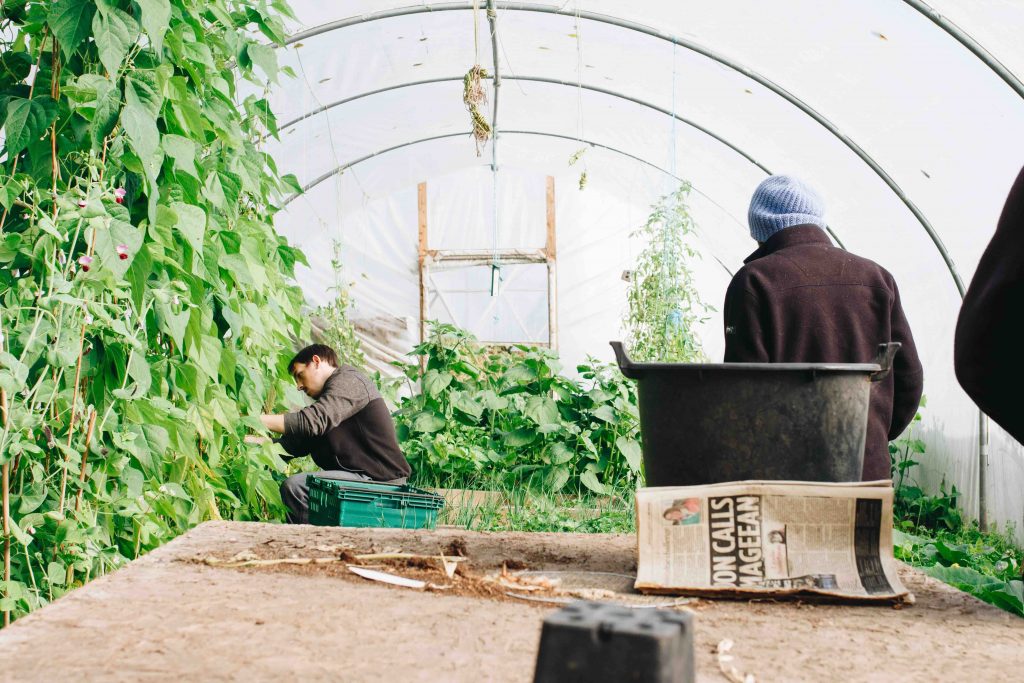
Many gardeners choose to block UV light from their plants. There are several reasons for this, which we will explore here. Why would some gardeners choose to block UV light? There are a variety of reasons why some gardeners choose to block UV light from their plants. Some of these include:
- To prevent sunburn. The most obvious reason for blocking UV light is that it can cause sunburn on your skin. If you have ever gotten sunburned while gardening, then you know how painful and unpleasant it can be. Preventing sunburn on your skin is one reason why many people choose to wear sunscreen when they garden in the summertime.
- To prevent leaf burn. To prevent leaf burn, some people choose to use fabric tree wraps or row covers that block out UV rays so that their leaves don’t get too hot on hot days or suffer from too much heat stress during cold nights.
- To produce more fruits or flowers. It depends on the goal of the gardener. If their goal is to produce more fruits or flowers instead of their plants growing faster and living longer, then they will allow less UV light.
Conclusion
Now that you have an idea of what UV light is, you will realize that most people who choose to block UV light do so because they think that it may be harmful to their plants, which is a reasonable concern. However, the bottom line is that blocking UV light has been proven not to have many benefits for your plants and can actually be more harmful in some circumstances by inhibiting a plant’s ability to photosynthesize.
